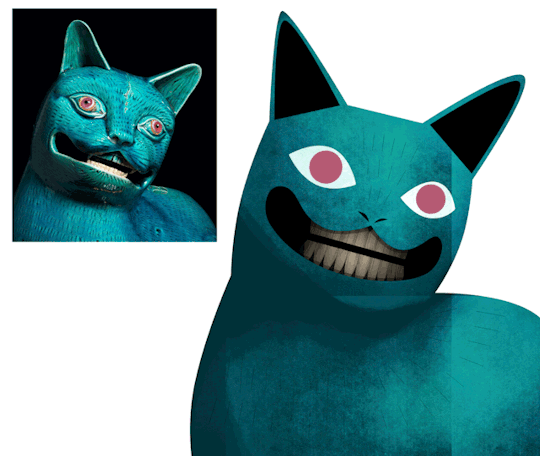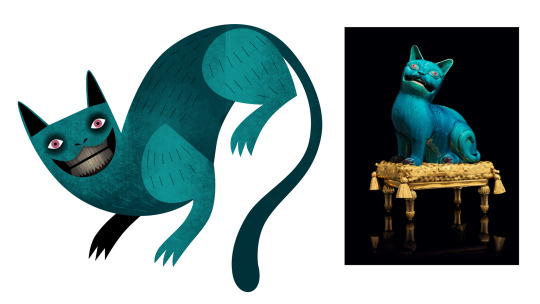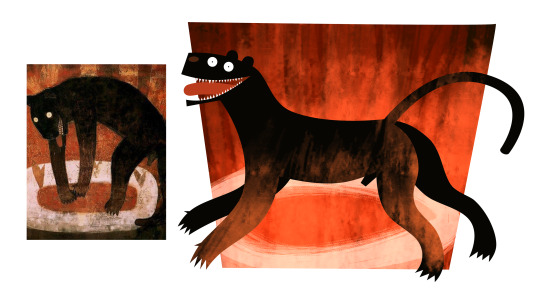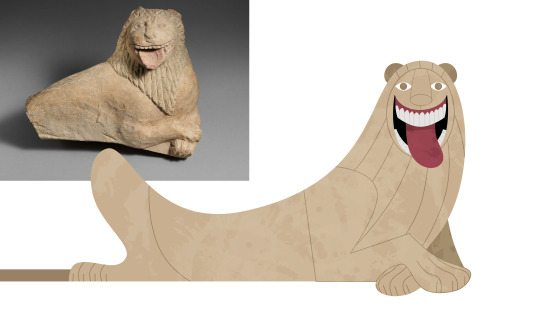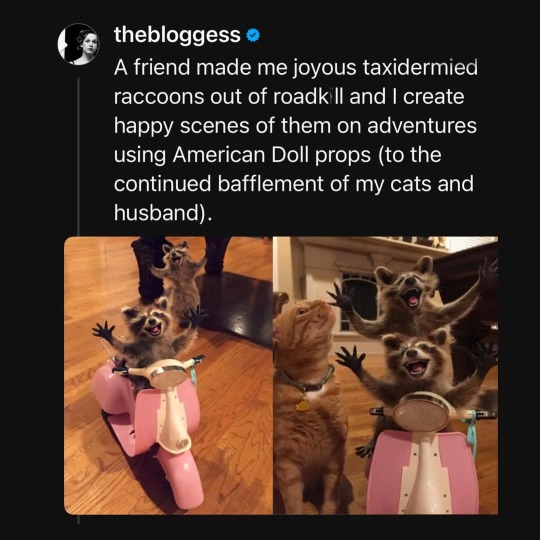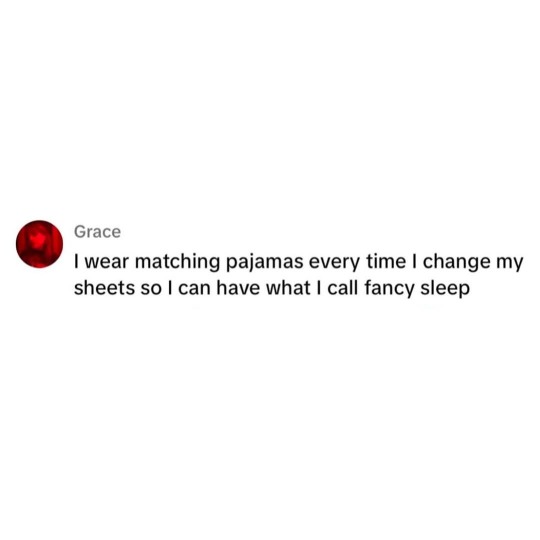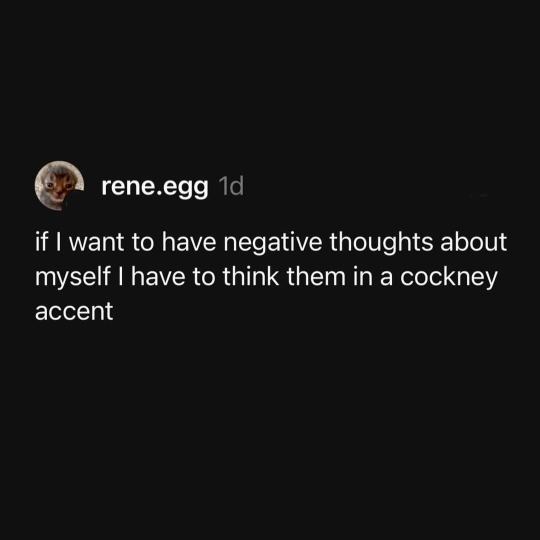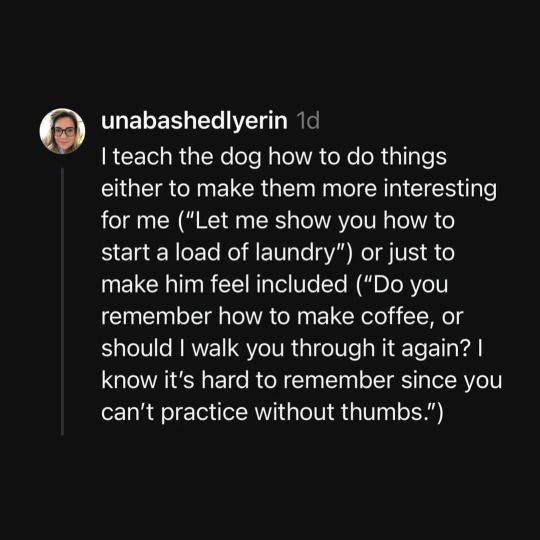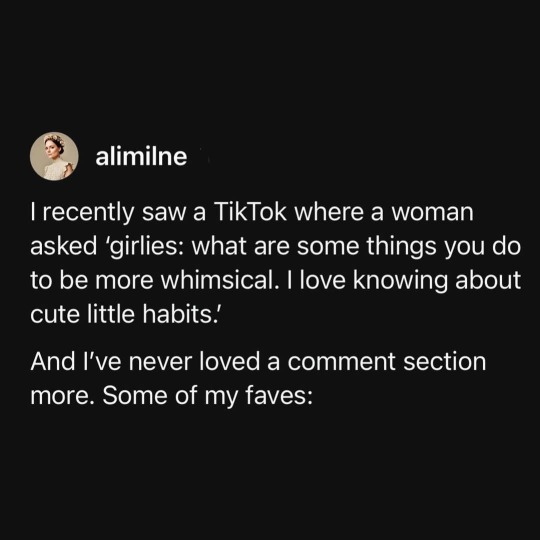Polyamorous bisexual cis femme lady person (she/her/hers and all that jazz). Feminist, naturally. Artist, effortfully. Cancer survivor. Welcome to this thing. Also, in case anyone's interested, my icon is from an illustration by Victorian artist Margaret Rebecca Dickinson.
Don't wanna be here? Send us removal request.
Text




Favourite Designs: Frieda Lepold "A Knights Dress" Haute Couture Gown
37K notes
·
View notes
Text
i can read the voynich manusript but im not telling anyone what it says because its honestly problematic as fuck
5K notes
·
View notes
Text
For your reading pleasure: an iNaturalist forum thread about how dandelion taxonomy is so fucked up that no researcher wants to even touch it
8K notes
·
View notes
Text

Seth Armstrong, Positano, Italy, 2025, Oil on wood panel, 60 x 60 inches
3K notes
·
View notes
Text
just precisely how bad was 1500s jerusalem at making maps, you ask? well,

473K notes
·
View notes
Text
i love how Gandalf invested in Hobbits in year one and has been pushing them ever since. Thorin, i hear you need help with a breaking and entering. Can I recommend one of these little cunts? Silent as fuck, trust me. Elrond my dude i know you're skeptical but these four chucklefucks just transported a weapon of mass destruction all the way here. Theoden, you've gotta get yourself a hobbit man, I've got a spare one here. Denathor you big prick, take a hobbit - literally this is the bottom of the range but listen to him sing. Beautiful little bastard.
86K notes
·
View notes
Text
i think its my sacred obligation to tell yall about animals so just letting you know that apparently (according to inaturalist) theres 321 species of squirrels in the world. Yes three hundred twenty one
5K notes
·
View notes
Text



A Victorian puzzle purse for a special someone's birthday 💌 ✨
See it unfolding here
10K notes
·
View notes
Text
they finally invented an assignment thats not due tomorrow. but the problem is that my body is a machine that turns assignments into assignments due tomorrow
53K notes
·
View notes
Text
My specific read on John is not that he's a nice guy, either. It's that, like any good character (specifically a tragic character, which, TM has said that he is modeled on a mythical tragic hero, so) he has a flaw that dooms him. And what that means is, when he has the choice to change what he's doing, that flaw either prevents him from taking the option he's aware of, or prevents him from being aware that there is another option altogether.
And so as a writer, what I look for are moments where either:
something good about a character becomes an excess that harms themselves or others
we receive information that shows a persistent blind spot a character has
we look for times when a character gives their view of the world/a situation and it Does Not Match Up with reality, or is hinted that it doesn't
we look for evidence of something simmering under the surface that clashes with their outward, agreeable presentation
What fills that role for John?
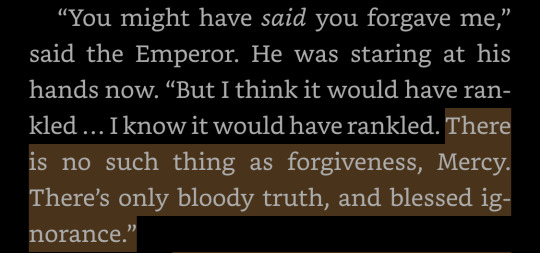
Yep.
When this first pops up, it's pretty easily dismissed as yet another layer on the falsehood he's propped up. Admittedly, he's been doing it for ten thousand years, so it's probably got a few layers to it.
However:

This one, to me, gives us a hint about what John is blind to: That his friends see his vindictiveness and his failings and that they could still love him. This is where it crosses into tragedy, for me; where his own inability to forgive blinds him to the capacity that other people have for generosity--and so, to a world where "justice" means more than "vengeance for the dead".
And this illuminates the whole chain of events that leads him to that climactic scene in Harrow the Ninth, telling Mercy that she never would have forgiven him anyways:
John is, at heart, deeply angry--like most characters in the series, and like a lot of people who grew up in poverty, especially if they managed to escape it. He also has some deep sense of justice, and deep sense of judgment.
So we have this cycle of related emotions and ideas: Justice, judgment, outrage. And a human measure of selfishness, amorality, double standards, etc.
In one situation, this allows him to throw himself completely into the cryo project, something that (if it hadn't been sabotaged politically) could have made a difference to humanity. He brings in people who work to make it even better, who demonstrably want to make the outcome as just and humane as possible. It's also implied that this is part of why he received those powers; "I chose you to change."
(And, I'll be honest, one of the other things that I see that chafes me is the implication that there was nothing about John to recommend him to the Earth. I'm actually of the opinion that there was; she chose him, and I don't think she just rolled a d100 or drew a card off a tarot deck and called him up. John is also still a human, flawed person.)
Then, the situation changes. It's no longer an issue of dedicating expertise to solve a problem; this is a political issue, and specifically of rich people using their resources to shift outcomes towards the one they think will benefit them the most, that will secure their survival, explicitly at the expense of everyone else.
And their strategy is, profoundly: short-sighted and unnecessary (pooling resources would help create a better outcome for everyone, including the rich, by reducing global trauma and preserving more of the systems that already structure their world); bigoted and uninformed (many rich people think that the world has to be a certain way, generally that the world is violent, competitive, dog-eat-dog, etc., and someone has to be "on top", and there will always have to be a loser, or lots of losers); and utterly cruel, unjust, and pointless.
And John--John, who grew up poor, who grew up aware of the despair around him and the injustice of his position and more than likely made use of that anger to achieve what he had up to this point--John is so angry.
Because they're all the same. They're all the same. It's the same song, over and over again, no matter how stupid and pointless and unnecessary. He is certain, beyond a shadow of a doubt, that it doesn't have to be this way. He passes judgment.
But John is losing to them, because he doesn't have the resources they do. He can hate them and fight them all he wants, and it doesn't matter, because he's nowhere near in the same league as they are politically.
And then, after the cryo project is cancelled, he gains his powers.
The thing about anger and judgment is that the deeper it runs, often, the more invested the person who holds that anger in themselves is in not seeing what they hate in themselves. E.g: John has conceptualized the people he's resisting as fundamentally unjust, cruel, amoral, and bigoted. There's a very good chance--to different degrees, depending on the person--that becoming aware of similar traits in himself might wake up those feelings he has towards those other people--aimed at himself (that is, cognitive dissonance). He can't see the things he's passed judgment on in himself and function. He's not like them; he's trying to fix things, to bring about justice.
Of course, there's justice as in "living in a just society", and justice as in "justice for the dead". But that's a later realization, because right now, everyone is still alive.
So John hides those parts of himself; from himself, from other people. So thoroughly he can exclude it from his consciousness and pretend it doesn't exist. He thinks no one sees the real depth of his own rage, his own cutthroat pursuit of a solution. And then, when he can't pretend it doesn't exist, he can still pretend to be the man he thinks they need him to be. He can "fool" them. He can say--he's trying. He screwed up. He doesn't know what he's doing.
And then, Casseiopeia says, No, actually, we know you, and we know you're horribly vindictive. And we're on your side--we're on the same side--our fight is your fight--and we love you. But your drive for revenge is seriously limiting your ability to imagine and create a living, just world, and that's what we're fighting for. Remember? That's what we set out to create.
And John's brain can't quite handle this; he can't imagine that they could actually see him and still be on his side. Because he couldn't see that and still be on his side. He can't forgive; he can't imagine forgiveness.
He can't see the things he's passed judgment on in himself and function.
And, by this stage, in some ways, it's already too late to change course. But this is one of several "come to Jesus" (no pun intended) moments where John could become aware of alternatives, or could change his behavior--and doesn't.
And I think this is where we get that self-awareness from, the thing that makes him creepy and tragic but also infuriating: He is aware, but apparently that's not enough to stop him from being his worst self--so is he just pretending to be moral? Capable of making different choices but choosing not to? And the weird statements he makes later:
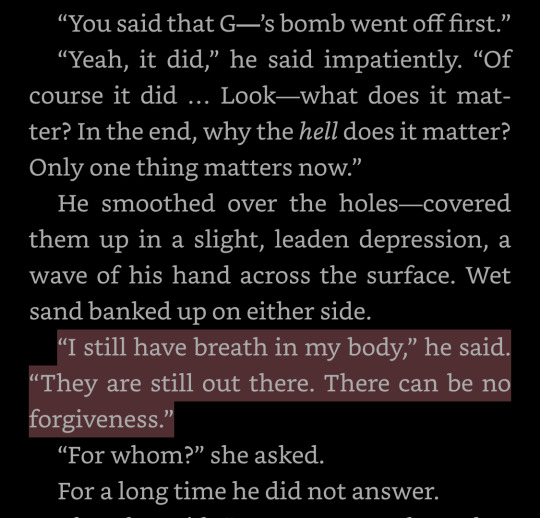
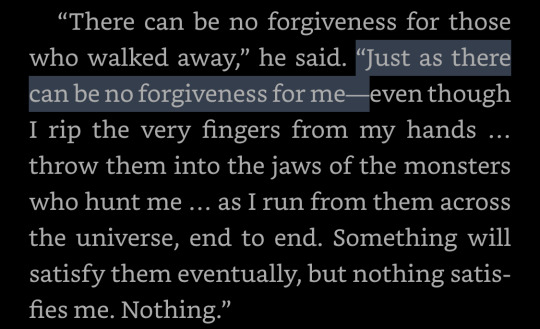
This is, imo, not a power-hungry dictator who genuinely doesn't care about the cost of his throne, or a gleefully predatory abuser. This is a dude who's committed to a course of action and doesn't feel great about it. This is a guy who has violated his own sense of justice and has to live with it.
This is a guy who set out to save the world, killed it, and now the only thing that's left to him is to avenge it.
And like, from a mythology standpoint, that is exactly what the Erinyes are, like the Furies and Alecto. They are not the justice of Apollo or Athena. They are screaming for blood. They are hunting their quarry to the ends of the universe. They are chthonic.
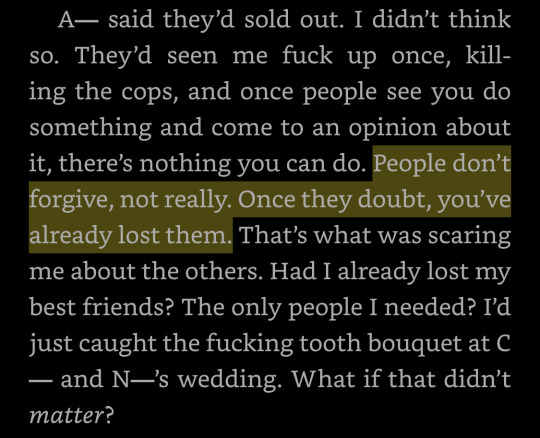
Again: This isn't what Cassieopeia or Christabel said to him. This is what John has said to himself. This came from him. This is a reflection of what he believes.
And it encapsulates, exactly, why he erased their memories. Why he took away their agency.
The difference between him and many, many people is he had the power of a god and no one to check him when he was struggling with his own worst impulses. And then, he created a world where no one could, not just because then he could do what he wanted and pretend to be kind and loving and moral, but so that he would never have to lose the love of the people he needed.
Because, unfortunately, he still needed them.
It just took ten thousand years for the lie to unravel.
504 notes
·
View notes
Text

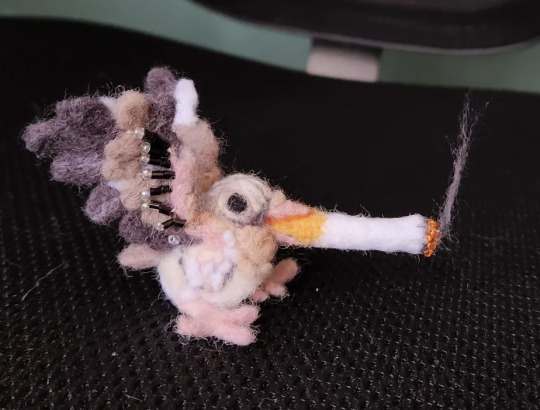
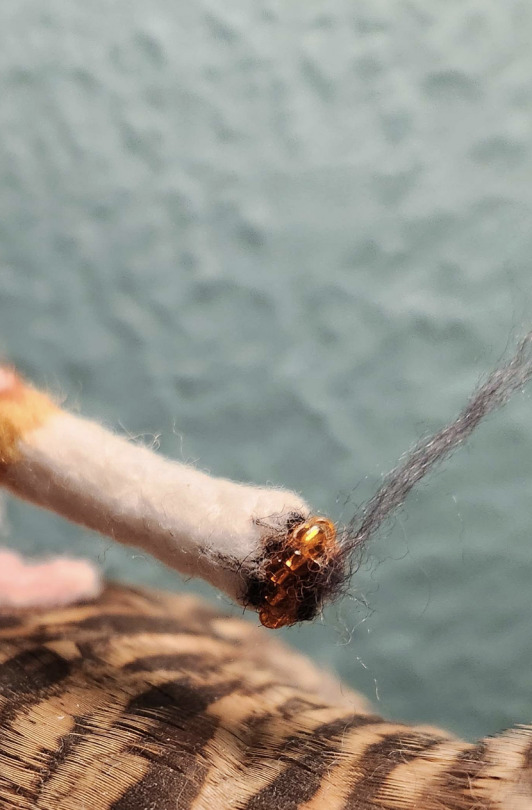
The 'lit' effect on the cigarette is little orange beads sewn on. The pinfeathers are also beads sewn on. Baby Smoko is likely a nestling white winged dove, despite being labelled as a "pigeon" in the original stock photo.
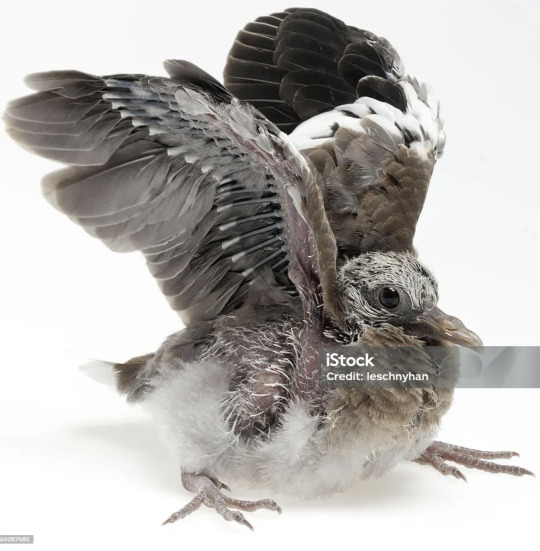


5K notes
·
View notes
Photo
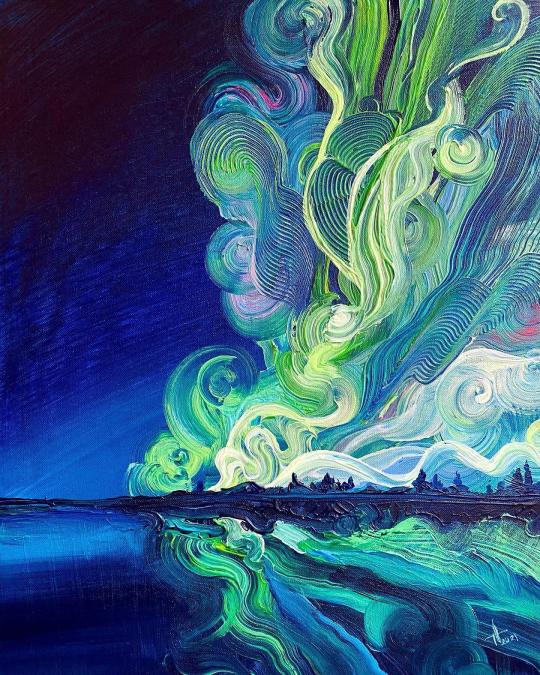
light of Aurora, Anastasia Trusova, acrylic, 2021
7K notes
·
View notes
Text
Ncuti Gatwa & Hugh Skinner - The Importance of Being Earnest (National Theatre London)
2K notes
·
View notes
